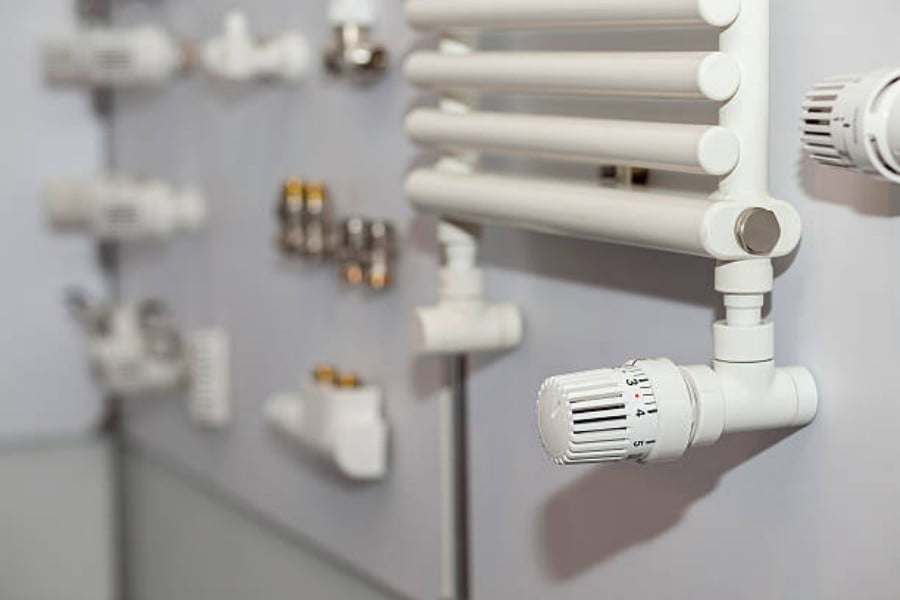Introduction
PVC pipes are a popular option for various plumbing and construction applications due to their durability and affordability. Among the different sizes of PVC pipes available, the
12mm pvc pipe stands out as a versatile and popular choice. In this article, we will explore the various aspects of this pipe, including its features, uses, advantages, and disadvantages.
Features of 12mm PVC Pipes
The 12mm PVC pipe is a thin-walled pipe that has a diameter of 12mm and a thickness of around 1-2mm. The pipe is made of a high-grade plastic material called polyvinyl chloride (PVC), which is known for its strength, durability, and resistance to chemicals, rust, and corrosion. The pipe is also lightweight, making it easy to transport, handle, and install.
Uses of 12mm PVC Pipes
12mm PVC pipes have a wide range of applications in plumbing, irrigation, electrical, and DIY projects. They are commonly used for small-scale piping such as aquarium piping, air conditioning drainage, and water filtration systems. Additionally, these pipes can be used to build small structures such as frames, greenhouses, and pergolas.
Advantages of 12mm PVC Pipes
One of the biggest advantages of 12mm PVC pipes is their cost-effectiveness. These pipes are relatively cheap compared to other plumbing materials such as copper and stainless steel. Additionally, they require minimal maintenance and are easy to install with basic plumbing tools. The pipes are also resistant to corrosion and chemicals, making them suitable for use in harsh environments. Finally, their flexibility and durability make them ideal for DIY projects.
Disadvantages of 12mm PVC Pipes
While 12mm PVC pipes have many advantages, they also have a few drawbacks. Firstly, their thin walls make them less durable and less resistant to impact and pressure. Secondly, they cannot withstand high temperatures and may melt or deform under extreme heat. Finally, their smooth surface may make them more prone to clogging and damage from debris.
How to Install 12mm PVC Pipes
Installing 12mm PVC pipes requires basic plumbing tools such as a saw, drill, glue, and end caps. The installation process involves cutting the pipe to the required length, sanding the edges, fitting in the end caps, and connecting the pipes using PVC glue. It is important to follow the manufacturer's instructions and to wear protective gear such as gloves and goggles while handling the pipes.
Maintenance of 12mm PVC Pipes
Maintaining 12mm PVC pipes is relatively easy and requires minimal effort. Regular cleaning and inspection can help prevent clogs and blockages. If clogging occurs, it can be removed using a plumber's snake or an air compressor. Additionally, it is important to keep the pipes away from direct sunlight and high temperatures to prevent warping and deformation.
Cost of 12mm PVC Pipes
12mm PVC pipes are among the cheapest plumbing options available and can be bought from most hardware stores and online retailers. The cost may vary depending on the length, brand, and quality of the pipe but usually ranges from $0.50 to $2 per foot.
Related Products
Some related products to 12mm PVC pipes include PVC fittings, connectors, and valves. These products are necessary for connecting, branching, and regulating the flow of water in a piping system. Additionally, PVC cement and primer can be used to ensure a secure and leak-proof connection between the pipes and fittings.
Potential Long-tail SEO Keywords
- 12mm PVC pipe uses
- advantages of 12mm PVC pipes
- how to install 12mm PVC pipes
- cost of 12mm PVC pipes
- maintenance of 12mm PVC pipes
- 12mm PVC pipe for DIY projects
- 12mm PVC irrigation pipes
- 12mm PVC pipe for aquariums
- 12mm PVC pipe for air conditioning
- 12mm PVC pipe suppliers
12mm PVC pipe, PVC pipe, plumbing, irrigation, DIY projects
Everything You Need to Know About 12mm PVC Pipes
Learn about the features, uses, advantages, and disadvantages of 12mm PVC pipes. Discover how to install and maintain them, and find related products and keywords.
Quote Inquiry
Contact Us

